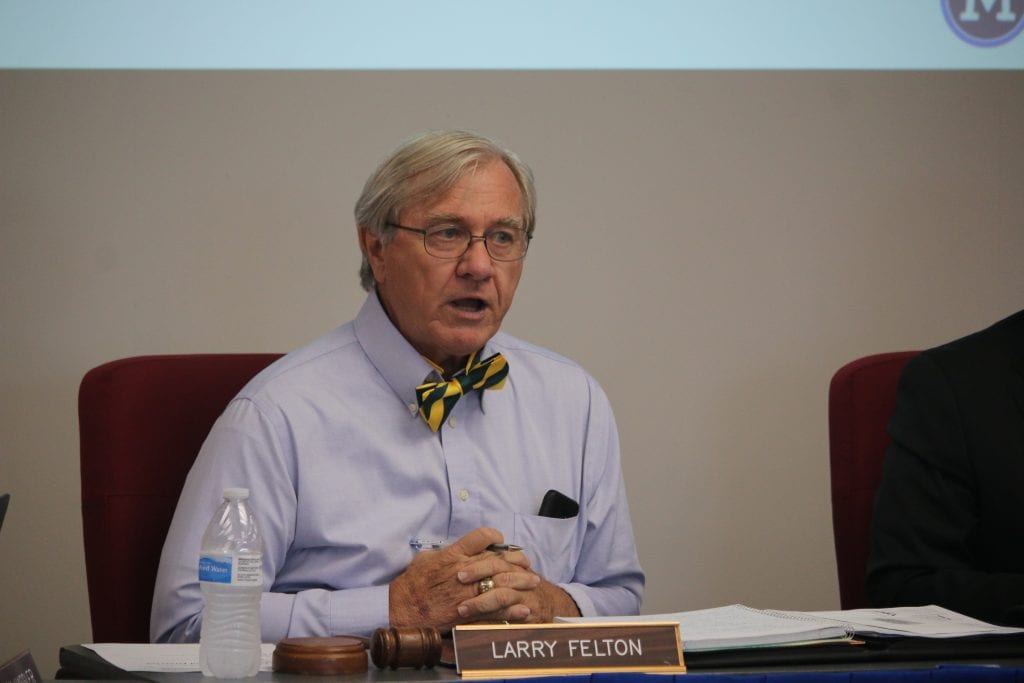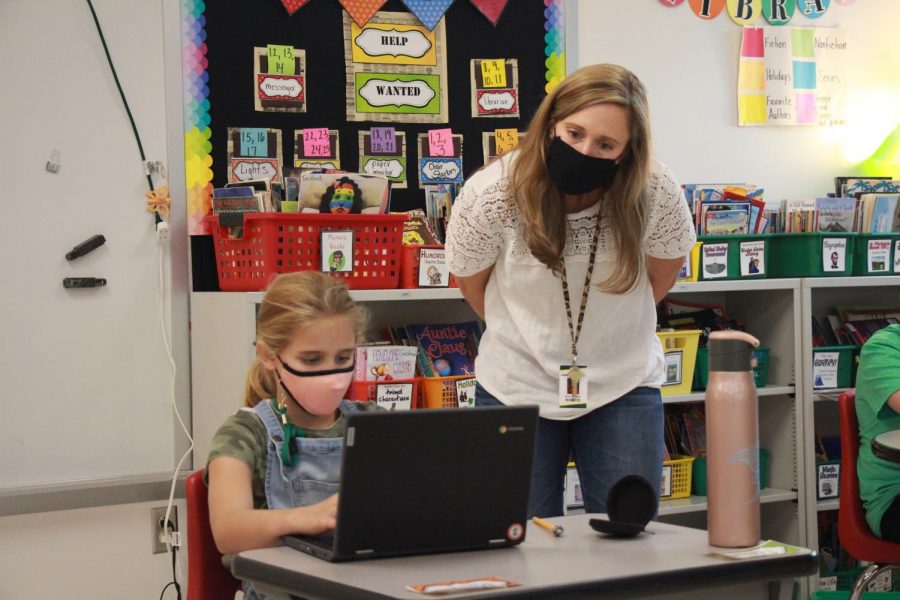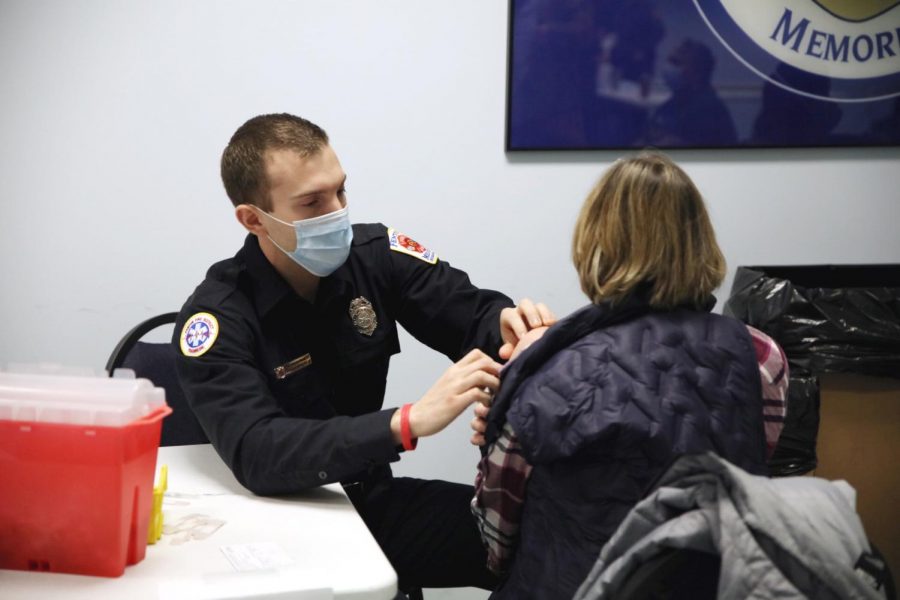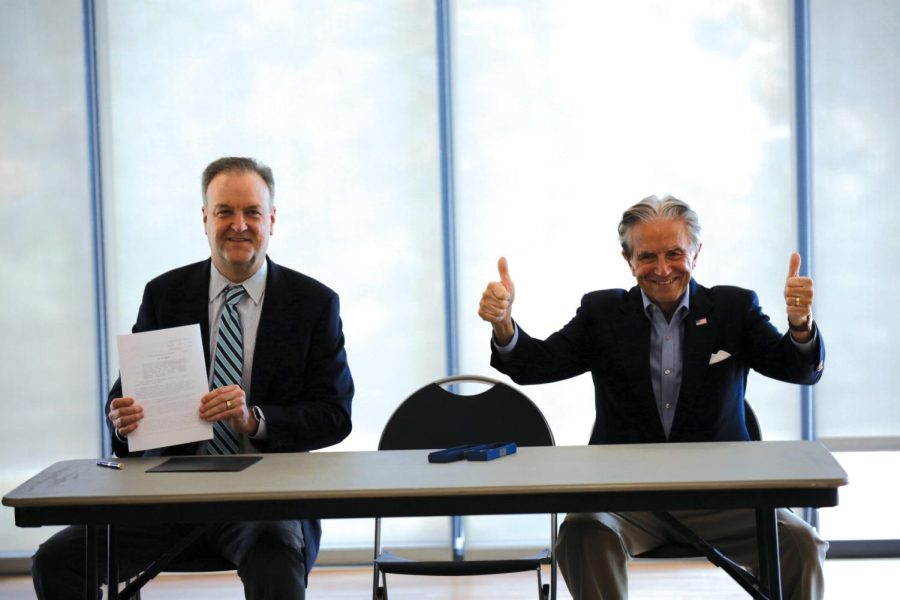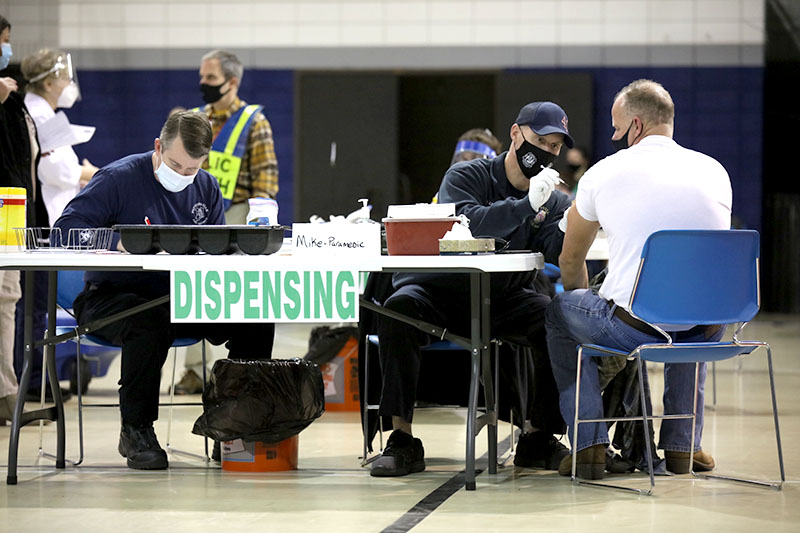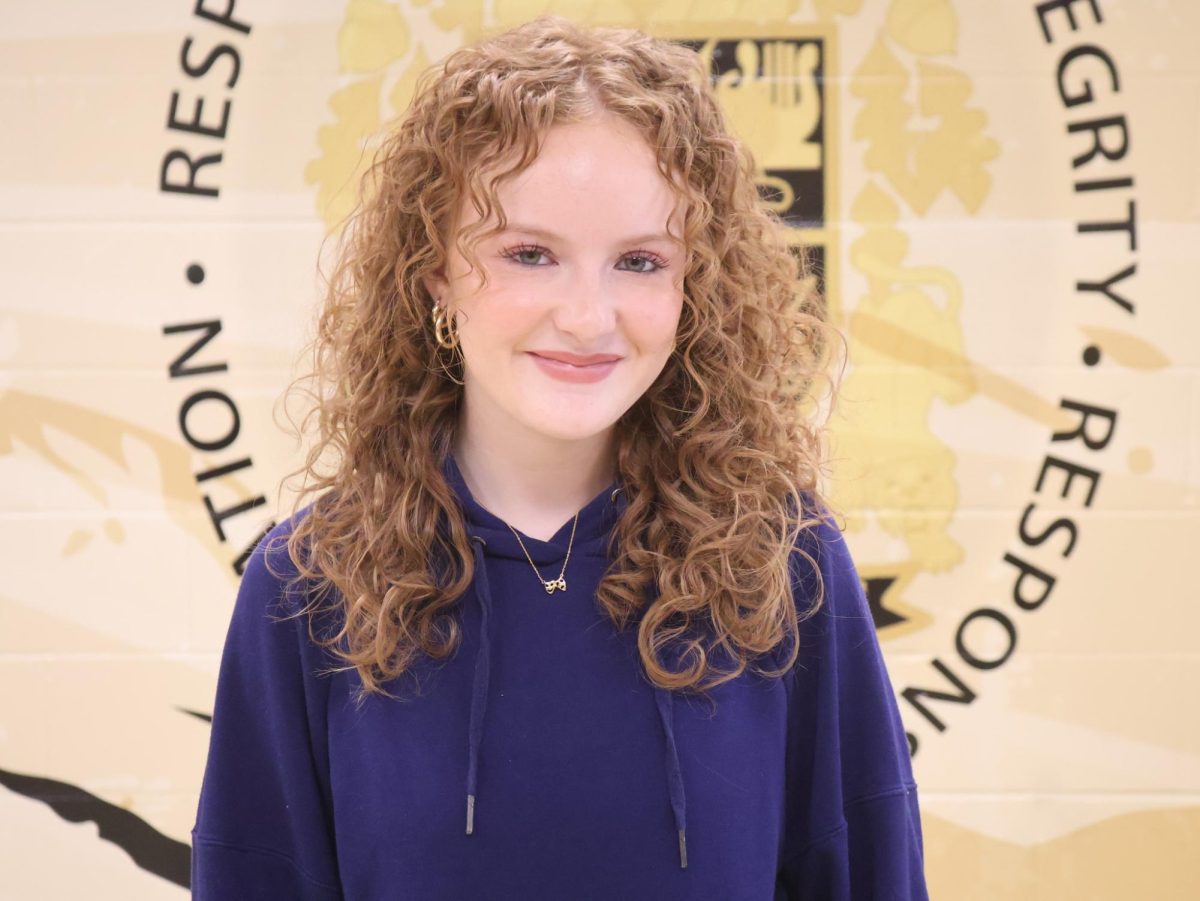The Mehlville Board of Education is in the process of establishing its legislative priorities for the 2022 Missouri legislative session.
The Board of Education reviewed a list of priorities that will be used to create the district’s “Advocacy Priorities” document at its Oct. 21 meeting. The document is used when the district meets with local elected officials to guide conversations about local, state and federal legislation that may affect the district.
Board members Larry Felton, Jean Pretto and Jeff Wolman, who make up the board’s Advocacy Committee, spent the past year reviewing several pieces of legislation filed during the 2021 legislative session to help outline legislative priorities for next year’s session.
As presented, the board’s priorities focus on legislation dealing with health care, internet access, legislative mandates, Medicaid, open enrollment, pre-k, transportation and school safety and security.
“One of our challenges is to get down to a specific number of subjects so we don’t get inundated looking at legislation,” Felton said. “What we tried to do was look at this from a school board perspective. … What we arrived at was eight subject areas … focused on specific ideas.”
Under health care, the document states that the board will support policies and legislation for the expansion of Medicaid support for public schools, increased mental health services and funding, and improved food service.
Vaccinations and requiring the inclusion of COVID-19 vaccines in the immunizations required before attending school – once fully approved by the Centers for Disease Control – had also been listed under health care, but Felton suggested striking it.
“It’s not really a legislative issue right now because it’s in the hands of the FDA (Food and Drug Administration) … and the state health department in terms of procedural adoption of a vaccine into the normal school process,” said Felton.
Board President Kevin Schartner agreed with Felton regarding the COVID-19 vaccine but suggested that the board don’t take a stance on the vaccine one way or another in the future.
“I don’t think we should ever advocate one way or another on this. That is such a personal family decision to make,” Schartner said. “Especially with children who don’t tend to have as much bad consequences from it (COVID-19). … I think we should always plan on staying away from that.”
As for internet access, the document states that the board supports policies and legislation that extends high-speed internet access to all students in the district, high speed being defined in legislation as 25 megabits per second access and three megabits per second download.
“I think if we’ve learned anything in the last 18 months is the value of good (internet access),” said Felton. “Our goal is to make sure that everyone has equitable access to high speed … because we know there are pockets, we know there are areas where there’s degraded service, and some folks still don’t have internet in this school district.”
The health care section also called for increased state and federal funding for high-speed internet access, but Schartner suggested changing the wording to say “appropriate state and federal funding” versus “increased.”
“I think those are good, getting a goal of facilitating learning, making sure all of our students have access to this. … Increase state and federal funding – I’d prefer to stay focused on the first two and not call out something like an increase in funding,” Schartner said. “I don’t feel comfortable myself saying we want to go for increasing funding.”
Vice President Peggy Hassler suggested changing the language to “advocating for 100-percent fully-funded.”
“We have to remember that this is advocacy, this is what they’re going to advocate for,” Hassler said.
The board also discussed legislative priorities as they related to pre-k. Under the pre-k section, the document states the board will support legislation that provides for high-quality early childhood training and leadership development, state funding for early childhood programs, establishing and improving standards for early childhood programs, and voluntary, free and equitable pre-school for all families.
“I think there’s going to be more emphasis on pre-k next year and if it turns out that none of this shows up, then we don’t have to worry about it,” Felton said. “With standards, there are some stated standards for early childhood places. … It’s kind of sketchy on safety standards, it’s kind of sketchy on buildings. It’s all over the map.”
Director Tori Behlke said that she was confused by some of the language of the pre-k section if there were already existing standards in place for early childhood education.
“Having it listed with ‘established’ – that wording confuses me because we already know they’re established,” Behlke said. “What you’re saying is we’re interested in legislation that fine-tunes it perhaps or something … because it is established.”
Felton said that it was more about looking at legislation that affected those standards, rather than the establishment of standards.
“What we should be looking at from an advocacy perspective is what are the standards for early childhood and what is the licensing procedure,” said Felton.
The board will review the list of legislative priorities again at an upcoming meeting in November after further feedback was collected from the board. The priorities will then be used to draft the larger Advocacy Priorities document.
“This lays out priorities. The development of the document is a whole different animal,” said Felton. “It didn’t make sense to write this up into a 10-page document if I could surface the ideas first.”
Pretto said that there was also always room for improvement when it came to the document, and that it would be fluid as bills are filed and the 2022 legislative session gets underway in January.
“There’s always room for fine-tuning, to make your purpose more clear,” Pretto said. “I just want to iterate while we can’t make any state laws, we can sure keep an out for those that could hurt us in the long run.”



